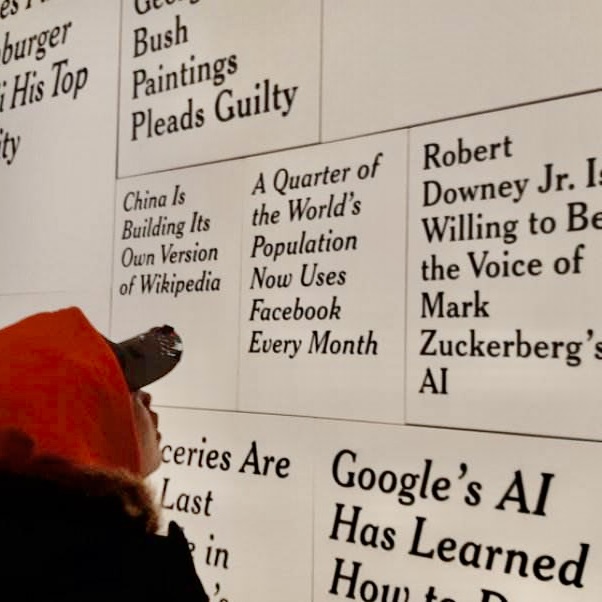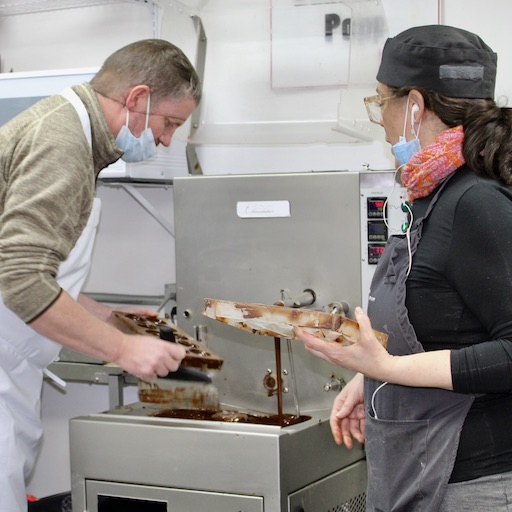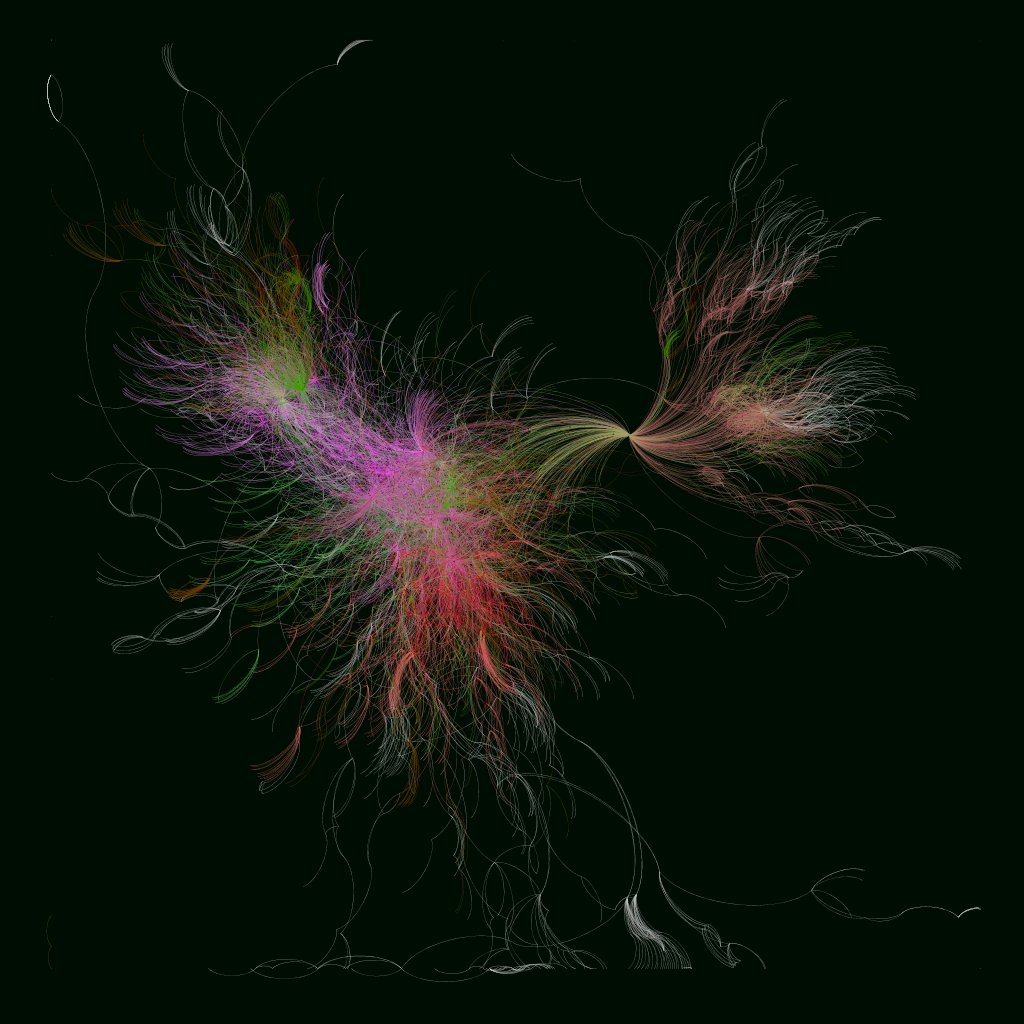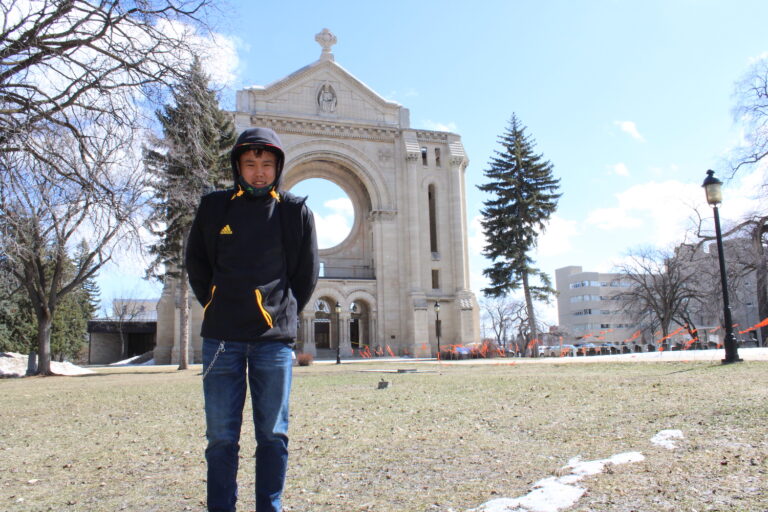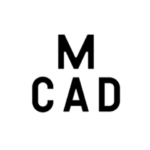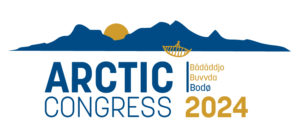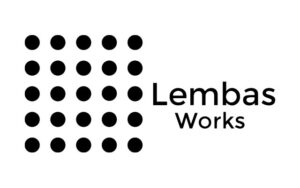Incubating arts innovation & digital transformation
Our program was born out of the pandemic, as a grassroots effort to bring artists and community together. It was designed to be small, with a focus on building from the ground up, our goal was to foster creativity and innovation among artists and makers alike. Our program designed a unique and supportive space for experimentation, where new ideas can flourish and grow.
This pilot arts-oriented, volunteer-driven arts collective was a digital arts and entrepreneurship initiative aiming to support the design and testing of a culturally-aligned and community-focused digital creative incubator.
From November 2021-2022 our project was able to provide synchronous and asynchronous training, educating youth and community members about the use of digital technologies to create and valorize their artistic work.
Its primary purpose was to build upon proven cultural entrepreneurship training to foster new arts industry employment through a careful balance of traditional knowledge, science and modern technologies. Indigenous artists from Northwestern Ontario, Nunavut and Manitoba were able to connect with, and learn alongside an inclusive, diverse team of researchers, arts educators and professional artists.
The original idea for our experimental Incubator for Digital Arts and Cultural Entrepreneurship was to design, develop and test an urban and land-based arts and culture training program for next-generation Indigenous talent, with the goal to incubate opportunities for sustainable self-employment.
This project supported our ability to develop sector-wide and cross-sector collaborations, partnerships, and networks to address the challenges urban and newly-urban Indigenous emerging artists faced during the Covid-19 pandemic. We were able to explore creative methods and sectoral approaches aimed at increasing digital and data literacy while supporting ongoing digital transformation of our program to better participate in arts sector activities.
PROUDLY MADE IN WINNIPEG WITH FUNDING AND SUPPORT FROM
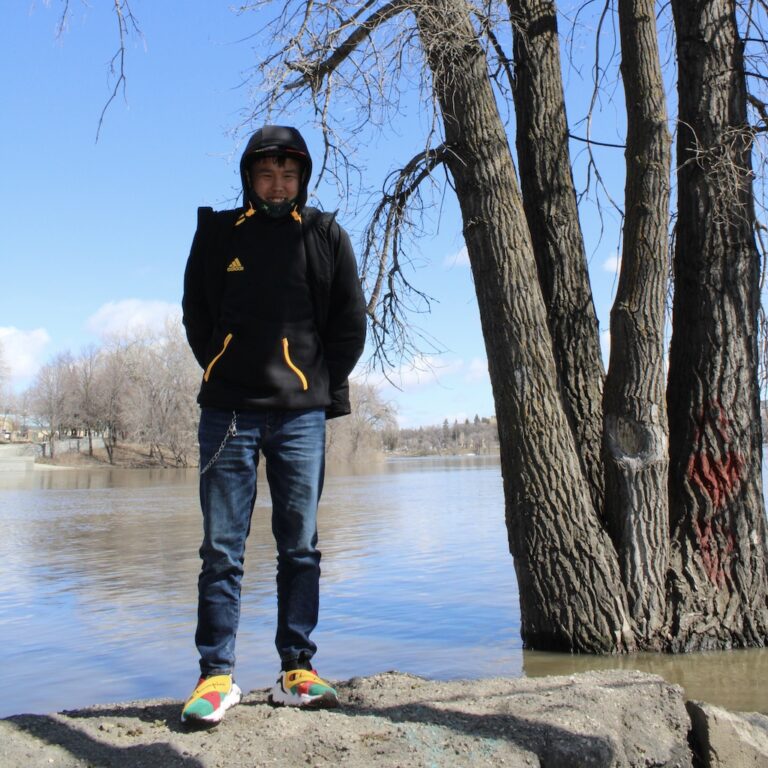
Objectives
Key objectives in supporting professional development and organizational capacity building for arts services included:
- Building a resilient and healthy arts sector;
- Ensuring artists and other arts professionals have access to learning opportunities;
- Enhancing capacity building for arts organizations, in particular new groups, collectives and emerging artists;
- Promoting diversity and increased collaboration within the arts community.
With support of strategic innovation funding from the Canada Council for the Arts and its new Digital Greenhouse program, our project sought to capitalize on one specific opportunity and challenge: The increasing reliance and utilization of digital communication technologies and collaborative hardware/software solutions to connect physically remote locations with each other and major urban centers.
2021-2023 Projects and Programs
We are incredibly grateful to have received funding from the Manitoba Arts Council’s Indigenous 360 Program supporting our programming.
Led by the Minneapolis College of Art and Design, Our People, Our Climate is a ground-breaking documentary film and photojournalism initiative.
We’re thankful for support from ArcticNet Network Centre of Excellence and Inclusion in Northern Research, which ran from 2020-2022.
2021 Winnipeg Wellness Grant
Our program received a 2021 City of Winnipeg Wellness Grant thanks to the support of St. James Ward Councillor Scott Gillingham. Support from the City of Winnipeg during the pandemic helped inspire our decision to establish our small, pilot arts program. Thank you for supporting our efforts!

Creativity for entrepreneurship is an innovative educational approach funded by the University of Minnesota Duluth Cultural Entrepreneurship program. This five-week online course aims to diagnose personal creative capabilities, foster learning through practice, reflect on barriers to creativity, develop self-directed learning skills, and facilitate cross-cultural connections.
ReCreating Environments of Inclusion: Northern Research launched during the 2021 ArcticNet Annual Scientific Meetings held December 6-9, 2021. This was our very first formal event for our Winnipeg-based incubator for digital and cultural entrepreneurship. Thank you to our partners at Lembas Works for supporting our youth-led and grassroots community arts programming and for supporting our 2022 Inuit Studies Conference presentation/exhibition of our project! We are also thankful to the Canada Council for the Arts Digital Greenhouse for making this project possible.
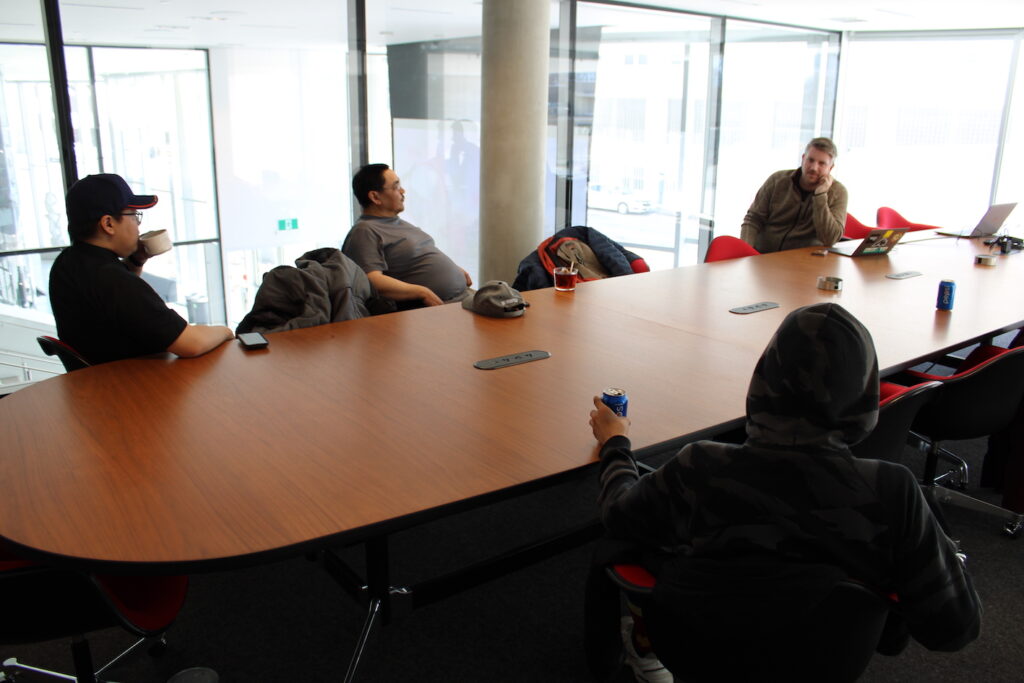
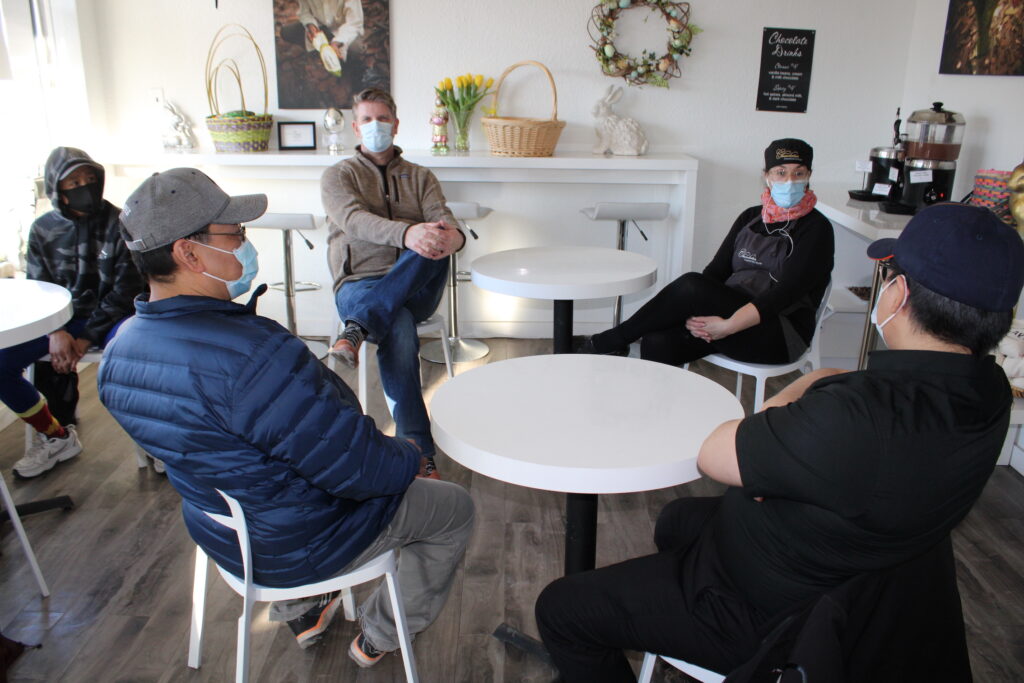
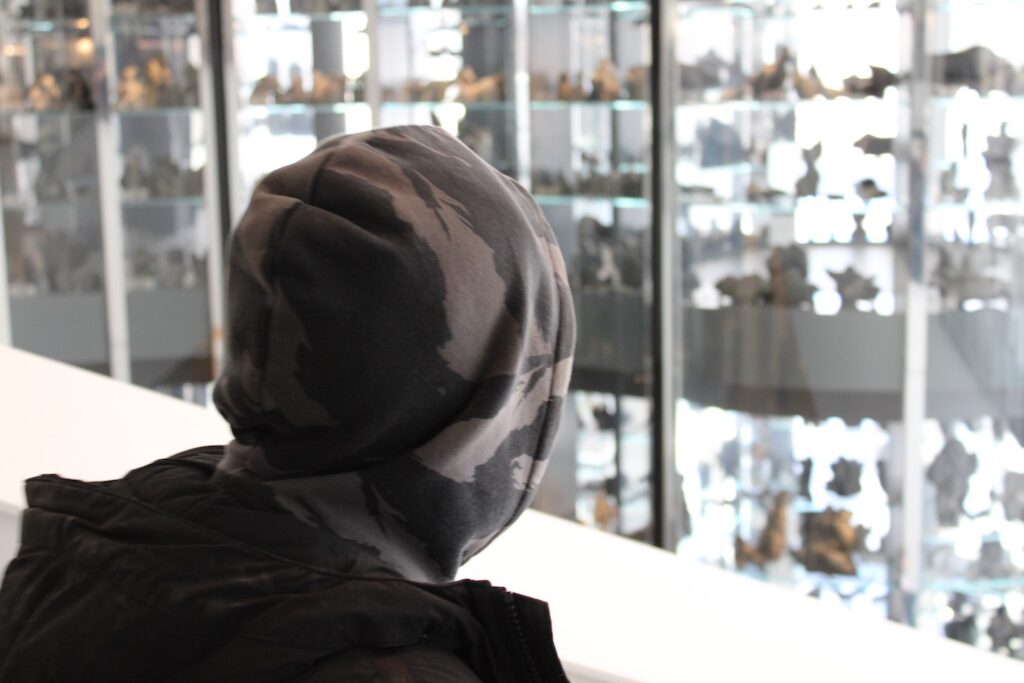
Thank you to the Canada Council for the Arts Digital Greenhouse
The Digital Greenhouse is a digital innovation initiative from the Canada Council for the Arts that supports short-term projects leveraging digital technology to address sectoral and digital challenges. For our project, our goals were to:
- Explore and better understand the role and impacts of culture and creativity in driving community-based research and economic development.
- Provide hands-on digital arts and cultural entrepreneurship training and advanced mentorship for emerging urban, rural and remote Indigenous artists
- Develop and launch art and culture-based businesses utilizing digital technologies (animation, augmented reality, virtual reality, lights and visual projection, film, and immersive digital art).
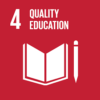
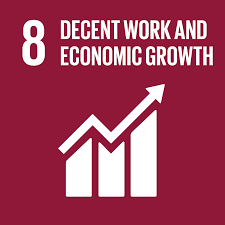
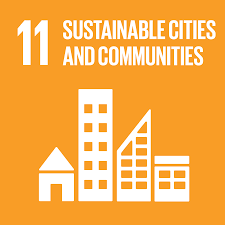
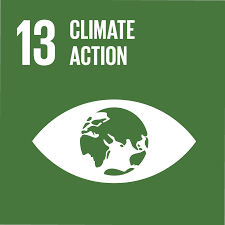
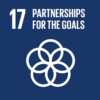
Our Commitment to the Sustainable Development Goals
We are committed to contributing to the Sustainable Development Goals (SDGs) by prioritizing participatory arts, research and community-driven projects that address issues related to poverty reduction, environmental sustainability, gender equality, and social justice. Our aim is to advance knowledge and understanding through interdisciplinary and cross-sector collaborations that support positive change and promote sustainable cities and communities.
Thank you to our partners and supporters
When our @1860 Winnipeg Arts collective started as a pilot arts incubator program in late 2021, we never thought we’d still be going almost four years later. We love to explore different aspects of the arts together with our partners and we can’t do it without support. We extend our heartfelt gratitude to our generous partners, sponsors and supporters who have come on board since. Thank you all for making our @1860 Winnipeg Arts collective and its digital arts and entrepreneurship projects possible.



